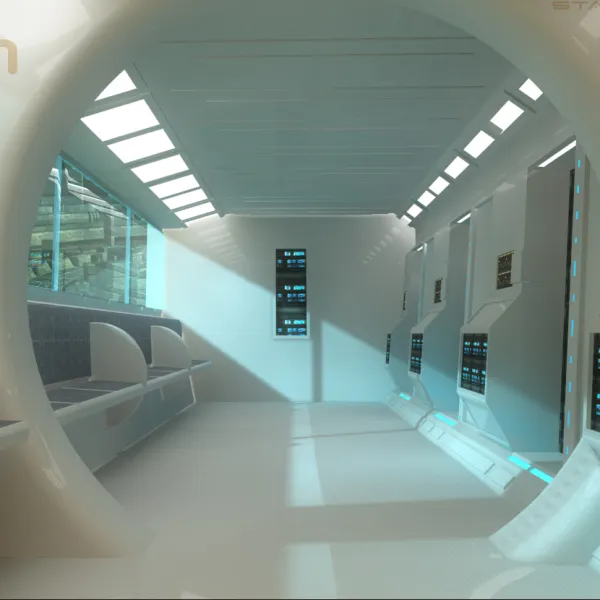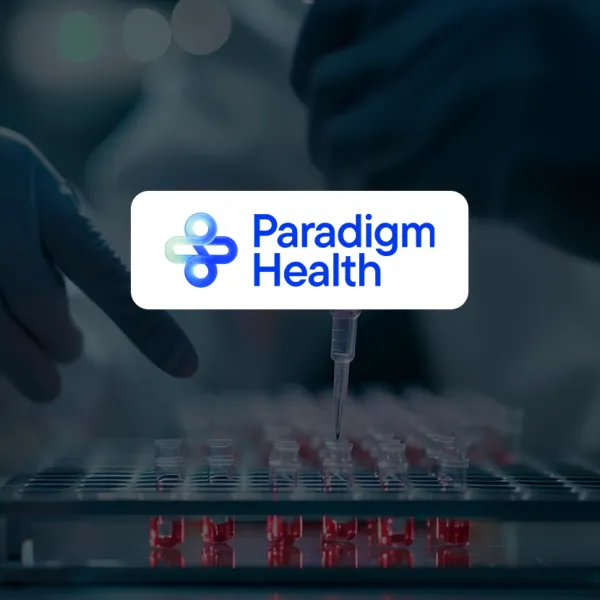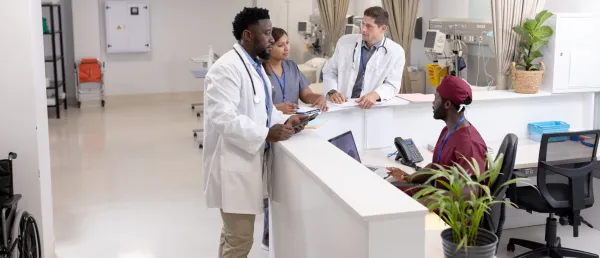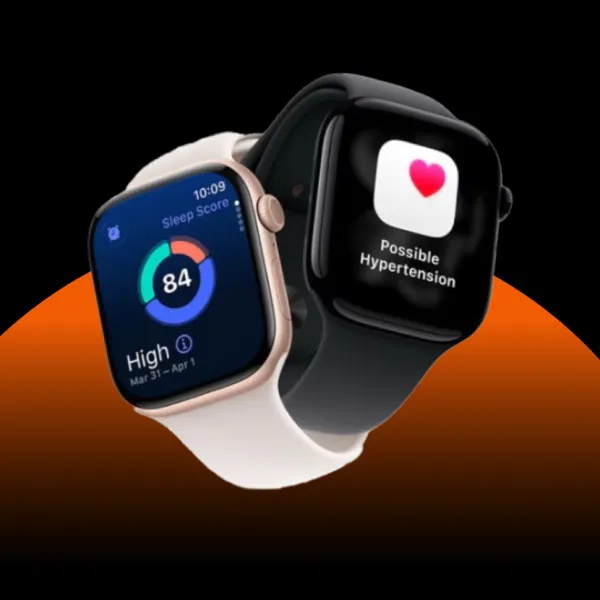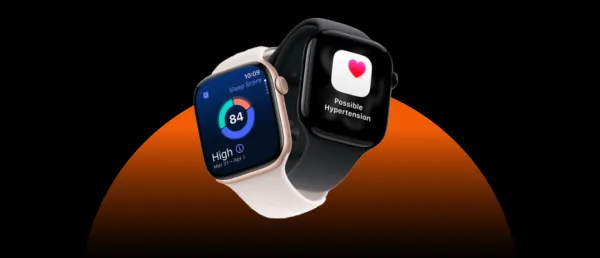AI Outperforms Doctors in Detecting Cancer: UCLA Study

The research, detailed in a university press release, highlights that the AI tool identified prostate cancer with 84% accuracy, compared to 67% for human doctors.
A recent study from the University of California, Los Angeles (UCLA) has revealed that an AI tool detects prostate cancer with 17% greater accuracy than traditional methods employed by doctors.
The research, detailed in a university press release, highlights that the AI tool identified prostate cancer with 84% accuracy, compared to 67% for human doctors.
The AI technology, named Unfold AI and developed by Avenda Health, has been cleared by the US Food and Drug Administration. It employs an AI algorithm to assess the probability of cancer by analyzing various types of clinical data. Unfold AI's capability allows for precise treatment planning.
In the study, a team of seven urologists and three radiologists reviewed 50 cases involving surgically removed tumors, seeking residual cancer signs.
"The results we get from Unfold AI tell us if a patient will be better suited for focal therapy or more radical therapy, such as radical prostatectomy, or radiation therapy, ensuring we optimize their cancer cure, the personalization of their cancer care, and their quality of life goals," the study noted.
Finding Results
The findings suggest that the AI's enhanced accuracy could lead to more targeted treatments, potentially reducing the need for full-gland removal and minimizing associated side effects like incontinence and impotence.
Joshua Trachenberg, PhD, a UCLA neurobiology professor and prostate cancer patient, recounted how Unfold AI facilitated his treatment. After initial recommendations for radical prostatectomy, Trachenberg opted for an experimental therapy guided by AI, which allowed him to avoid gland removal and achieve a cancer-free status.
Expert Opinions on AI Technology
Dr Harvey Castro, a board-certified emergency medicine physician, shared concerns about the technology’s potential risks.
"The accuracy of AI depends heavily on the quality of the data it is trained on. Poor data can lead to inaccurate diagnoses," Castro noted.
He also emphasized that while AI is a valuable diagnostic tool, it should complement, not replace, clinical judgment.
Furthermore, privacy and cost issues surrounding AI technology were addressed. Castro highlighted the need for stringent data protection measures, and Kasraeian noted that making AI innovations more accessible remains a significant challenge.
Recently, researchers from the University of Cambridge developed a new AI system capable of detecting 13 deadly cancers claiming 98% accuracy from tissue samples.
The researchers collectively developed both binary and multiclass machine learning (ML) models to identify multiple cancer types from non-cancerous tissue samples.
Likewise, in June, Australian researchers developed a new smartphone application that uses AI to analyze facial symmetry and muscle movements, detecting strokes with an accuracy rate of 82%. The study involved video recordings of facial expressions from 14 stroke patients and 11 healthy individuals. The AI analyzed these videos to detect changes in facial symmetry.
Stay tuned for more such updates on Digital Health News





